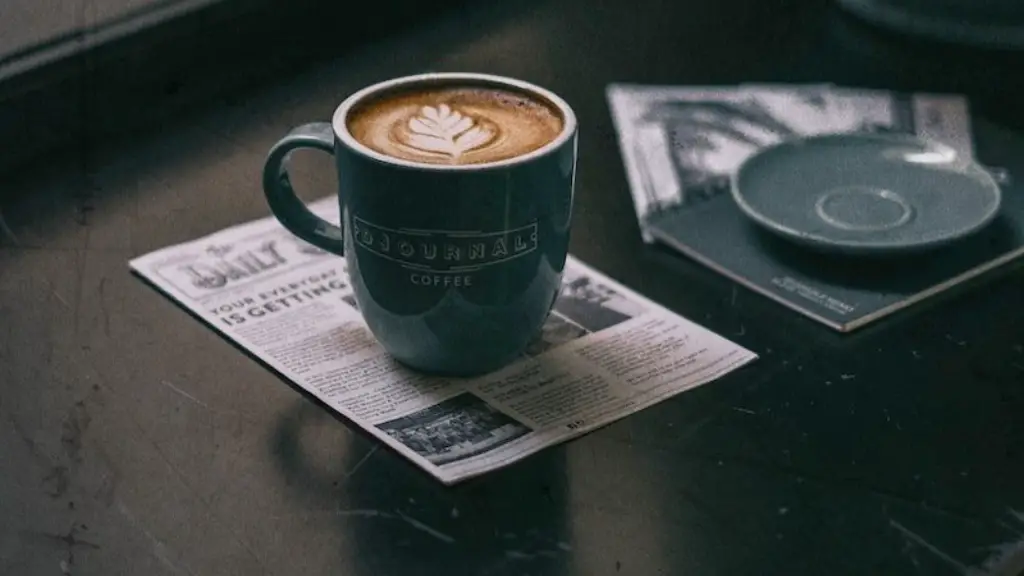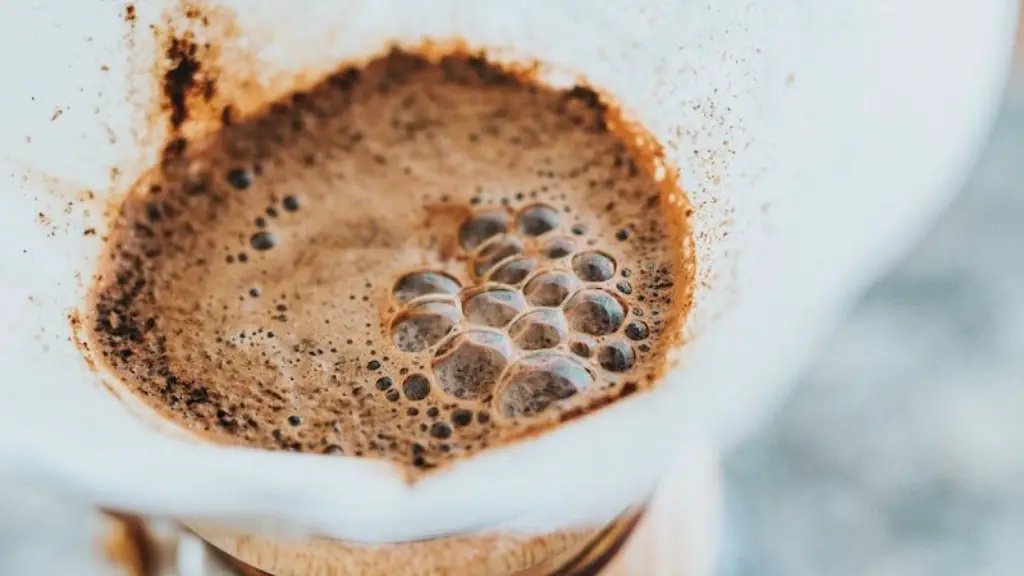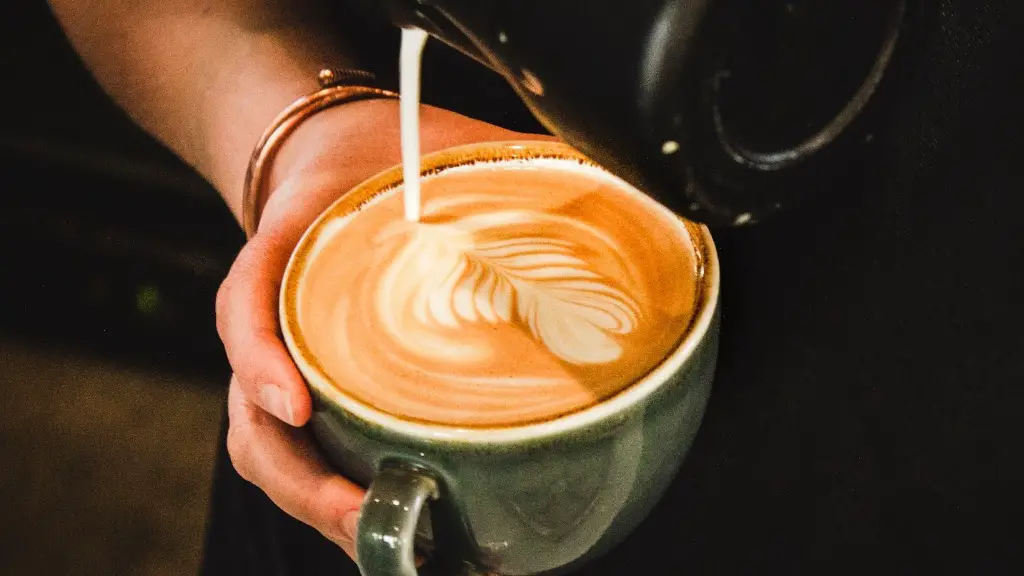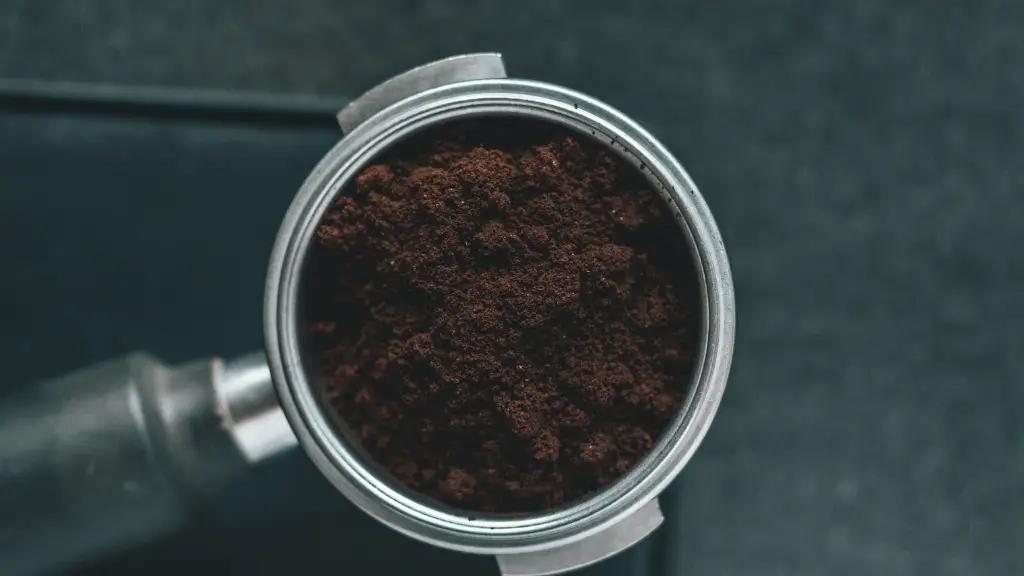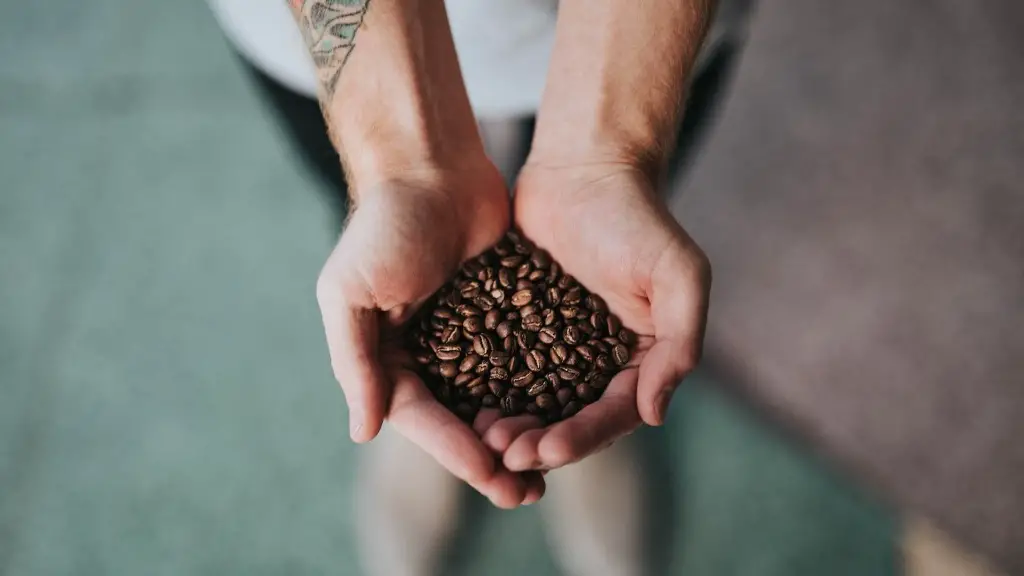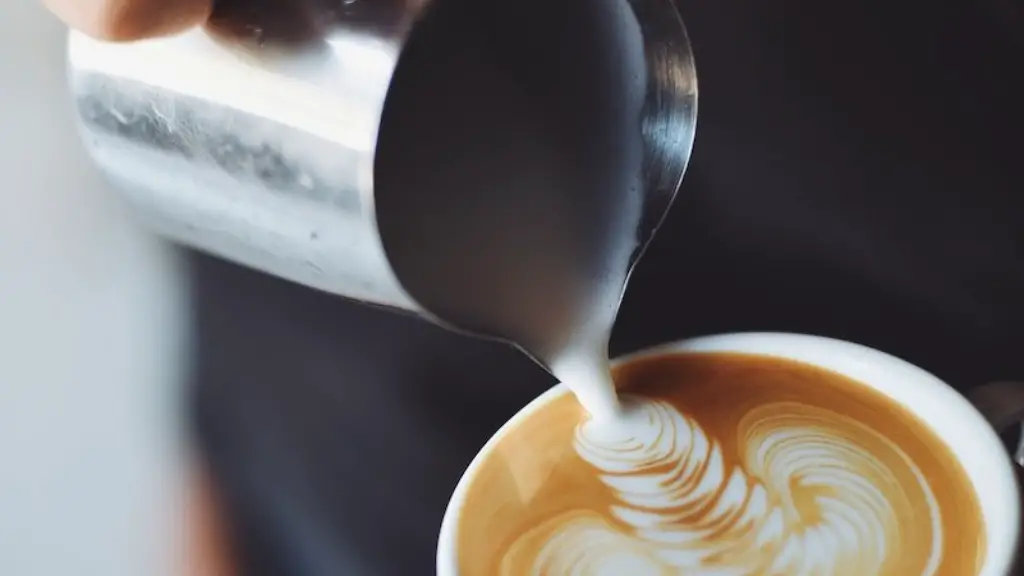Some coffee aficionados swear by grinding their own beans, while others are content to purchase pre-ground coffee. So, is it worth grinding your own coffee beans? There are a few things to consider.
If you care about coffee quality, grinding your own beans can make a significant difference. Freshly ground coffee beans have more aroma and flavor than pre-ground beans. Coffee beans begin to lose their flavor as soon as they’re ground, so pre-ground coffee can taste dull and stale.
Grinding your own beans can also be more convenient than buying pre-ground coffee. You can grind only the amount of beans you need for each pot, ensuring that your coffee is fresh each time you brew.
If you don’t have the time or patience to grind your own beans, though, pre-ground coffee is a perfectly acceptable option. Ultimately, the decision of whether to grind your own beans comes down to personal preference.
There is no correct answer to this question as it depends on each individual’s personal preferences. Some coffee drinkers may prefer the taste of coffee made with freshly ground beans, while others may find that it is not worth the extra effort required to grind the beans themselves. Ultimately, it is up to the coffee drinker to decide whether or not grinding their own beans is worth it.
Is it worth it to grind coffee beans?
If you want to get the most flavorful coffee possible, you should buy your beans whole. Grinding is a crucial, yet overlooked component of the brewing process. It’s not as simple as just grinding the beans in any old coffee grinder. An even grind is the perfect grind.
A great coffee grinder is a must-have for any coffee lover. It will transform your coffee experience from the inside out, making your coffee more flavorful and delicious. With a good grinder, you’ll be able to determine your coffee’s flavor and strength, and brew coffee that rivals your favorite coffee shop.
Is it cheaper to buy whole bean or ground coffee
Whole bean coffee is typically more expensive than ground coffee for one simple reason: it’s a better coffee. Whole bean coffees tend to come from better crops and be more recently roasted than pre-ground selections. In short, whole bean coffee makes a better cup of coffee — and the difference is worth paying for.
Grinding your coffee beans right before you brew your coffee ensures that you will get the most flavor out of your beans. Coffee beans contain volatile oils that are responsible for the majority of the flavor in coffee. Once the beans are ground, these oils begin to react with oxygen and evaporate. This means that if you grind your beans ahead of time, you are losing out on some of the flavor that your coffee has to offer.
Does coffee taste better when you grind it yourself?
There are several reasons why freshly ground coffee beans tend to produce a better quality cup of coffee than pre-ground beans. One reason is that the coffee beans retain more of their natural oils when they are ground fresh. These oils contribute to the coffee’s flavor and aroma. Additionally, freshly ground coffee beans are more consistent in size and texture, which results in a more evenly brewed cup of coffee.
Ground coffee only stays fresh for about one week, so always use it within two weeks of purchase for the best flavor.
Is an electric coffee grinder better?
If you’re looking to make espresso, you’ll need to use a grinder to get the right consistency for your coffee grounds. The grind you’ll need will depend on the type of espresso you’re making. For Moka pot espresso, a manual hand grinder can create a medium-fine grind. For espresso made with a classic espresso machine, an electric grinder will give you the best results.
Assuming you would like tips for choosing a manual coffee grinder:
Here are a few things to consider when selecting a manual coffee grinder:
-Price point: as mentioned above, manual grinders are typically more affordable than electric grinders.
-Grinding capacity: some manual grinders have a larger capacity than others, so if you plan on grinding a lot of coffee at once, make sure to choose a grinder that can accommodate your needs.
-Ease of use: some manual grinders are easier to use than others. If you’re new to using a manual grinder, look for one that is relatively easy to operate.
-Grinding mechanism: there are different types of mechanisms that manual grinders use to grind coffee beans. Some are more durable than others, so if you’re looking for a grinder that will last long-term, pay attention to the type of grinding mechanism it uses.
Are manual coffee grinders better than electric
If you’re looking to get the best grinds possible, you’re better off using a manual grinder than an electric one that’s less than $100. The reason for this is that low-end electric grinders tend to have false burrs, which means that the coffee grounds they produce are not uniform.
A pound of coffee beans will yield around 32 cups of coffee. This is because there are 16 ounces in a pound and there are 2 cups in an ounce. So, if you have a one-pound bag of coffee, you can expect to get 32 cups out of it.
How much ground coffee does 1 cup of beans make?
We were curious to see if whole bean coffee beans took up a greater volume than ground coffee. So, we measured out one cup of whole beans, ground them, and then measured the ground coffee. Surprisingly, the ground coffee took up almost the exact same amount of space as the whole beans! So, the ratio is one to one.
Assuming you want coffee beans that will last you 11 days, you should buy a 12-ounce bag of beans. This will give you an extra day’s worth of beans, just in case you need it.
How long after grinding coffee should you drink it
It’s important to grind your coffee beans just before brewing, as this will help to preserve the flavour. If you grind them too far in advance, a lot of the flavour will dissipate. The same goes for if you freeze your beans – it actually harms the flavour more than it helps.
Coffee grind size is one factor that can make a big difference in the strength of your cup of coffee. The more finely ground the beans, the more caffeine is released into the water. So it’s safe to say that when it comes to caffeination, a finer grind does result in stronger coffee, while a coarser grind will always brew a weaker cup.
What happens if you don’t grind coffee?
It is possible to brew coffee without grinding the beans, but the brewing process will take much longer. This is because the surface area of a whole bean is much smaller than that of grounds of the same size.
For those of us who love our single cup of coffee each morning, it is probably advantageous to keep using a quality burr grinder and emptying a bag of coffee every 10-14 days. This way, we can always have fresh, delicious coffee. Plus, we can also ask our barista to grind part of the bag at the shop, brew through that part for 3-4 days, then fresh-grind the rest at home. This would be the best of both worlds!
Conclusion
There is no one definitive answer to this question. Some coffee drinkers prefer to grind their own beans to ensure freshness and to tailor the grind to their preferred brewing method. Others find it more convenient to buy pre-ground coffee. Ultimately, it is up to the individual coffee drinker to decide whether grinding their own beans is worth the effort.
There are pros and cons to grinding your own coffee beans. The main benefit is that you can customize the grind to suit your preferences. This means you can have a better tasting cup of coffee. Another advantage is that you can save money by buying coffee beans in bulk and grinding them yourself. The downside is that it takes time to grind the beans and you need to have the right equipment. A good coffee grinder can be expensive. Ultimately, it is up to the individual to decide if grinding their own coffee beans is worth it.
